David McMurray - The Arab Revolts: Dispatches on Militant Democracy in the Middle East
Here you can read online David McMurray - The Arab Revolts: Dispatches on Militant Democracy in the Middle East full text of the book (entire story) in english for free. Download pdf and epub, get meaning, cover and reviews about this ebook. year: 2013, publisher: Indiana University Press, genre: Politics. Description of the work, (preface) as well as reviews are available. Best literature library LitArk.com created for fans of good reading and offers a wide selection of genres:
Romance novel
Science fiction
Adventure
Detective
Science
History
Home and family
Prose
Art
Politics
Computer
Non-fiction
Religion
Business
Children
Humor
Choose a favorite category and find really read worthwhile books. Enjoy immersion in the world of imagination, feel the emotions of the characters or learn something new for yourself, make an fascinating discovery.

- Book:The Arab Revolts: Dispatches on Militant Democracy in the Middle East
- Author:
- Publisher:Indiana University Press
- Genre:
- Year:2013
- Rating:4 / 5
- Favourites:Add to favourites
- Your mark:
The Arab Revolts: Dispatches on Militant Democracy in the Middle East: summary, description and annotation
We offer to read an annotation, description, summary or preface (depends on what the author of the book "The Arab Revolts: Dispatches on Militant Democracy in the Middle East" wrote himself). If you haven't found the necessary information about the book — write in the comments, we will try to find it.
The 2011 eruptions of popular discontent across the Arab world, popularly dubbed the Arab Spring, were local manifestations of a regional mass movement for democracy, freedom, and human dignity. Authoritarian regimes were either overthrown or put on notice that the old ways of oppressing their subjects would no longer be tolerated. These essays from Middle East Reportthe leading source of timely reporting and insightful analysis of the regioncover events in Tunisia, Egypt, Bahrain, Syria, and Yemen. Written for a broad audience of students, policymakers, media analysts, and general readers, the collection reveals the underlying causes of the revolts by identifying key trends during the last two decades leading up to the recent insurrections.
This is easily the best volume on the Arab uprisings yet published. The material is very strong and accessibly written, providing rich background on the political and economic contexts in the region prior to the uprisings as well as after the events of 2011 unfolded, based on substantive knowledge. . . . Ideal for students, policymakers, and general readers. Jillian Schwedler, University of Massachusetts
For anyone trying to understand the processes of popular revolt and mechanisms of repression, The Arab Revolts is a good place to start. Anthropology of Contemporary Middle-East and Central Eurasia
This excellent collection of articles from Middle East Report provides an unusually deep and wide analysis of the phenomena collectively known as the Arab Spring. . . . The articles are well written and accessible to students, as well as to general readers, and hold much interest to specialists in Middle East politics as well. Review of Middle East Studies
The editors of this exceptionally well-conceptualized collection have chosen writings that complement each other well. Each section begins with the present-day situation, and the subsequent essays describe the historical background of mass protests. At the end of each section is a writing that connects the historical themes back to the modern protest movements. Against the Current
David McMurray: author's other books
Who wrote The Arab Revolts: Dispatches on Militant Democracy in the Middle East? Find out the surname, the name of the author of the book and a list of all author's works by series.

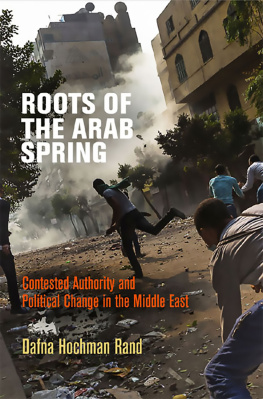
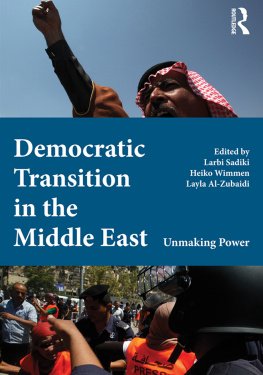
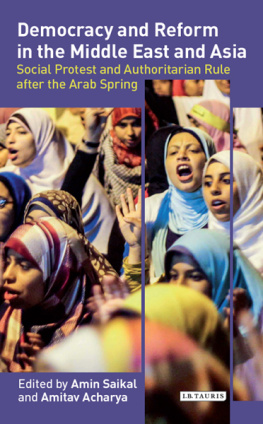


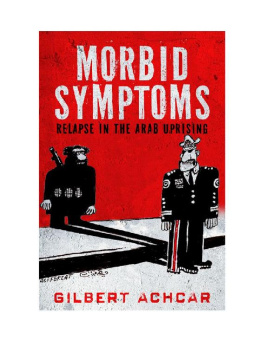
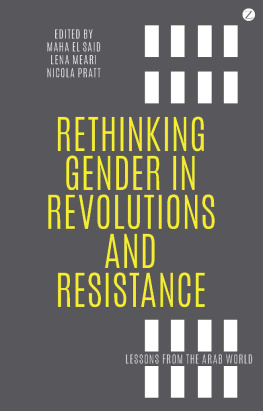
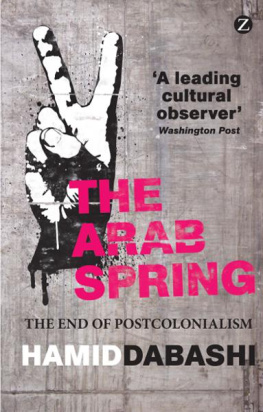
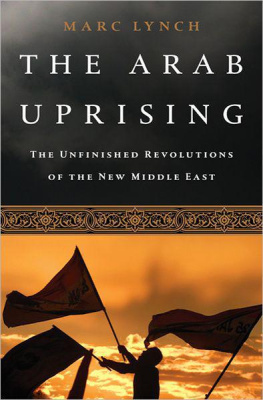
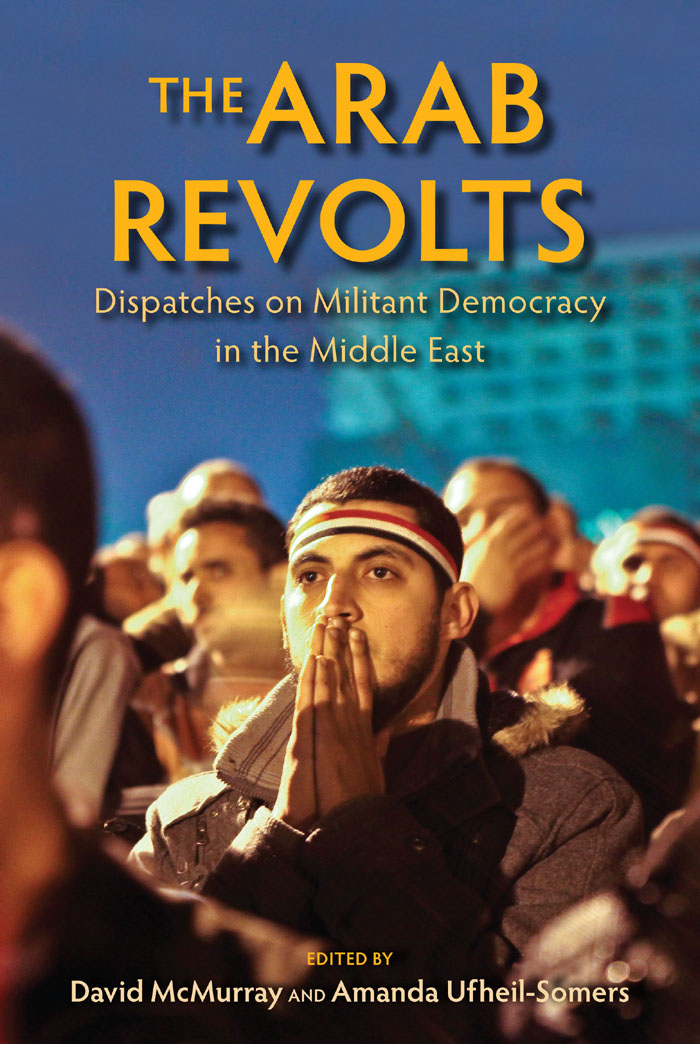
 The paper used in this publication meets the minimum requirements of the American National Standard for Information SciencesPermanence of Paper for Printed Library Materials, ANSI Z39.48-1992.
The paper used in this publication meets the minimum requirements of the American National Standard for Information SciencesPermanence of Paper for Printed Library Materials, ANSI Z39.48-1992.